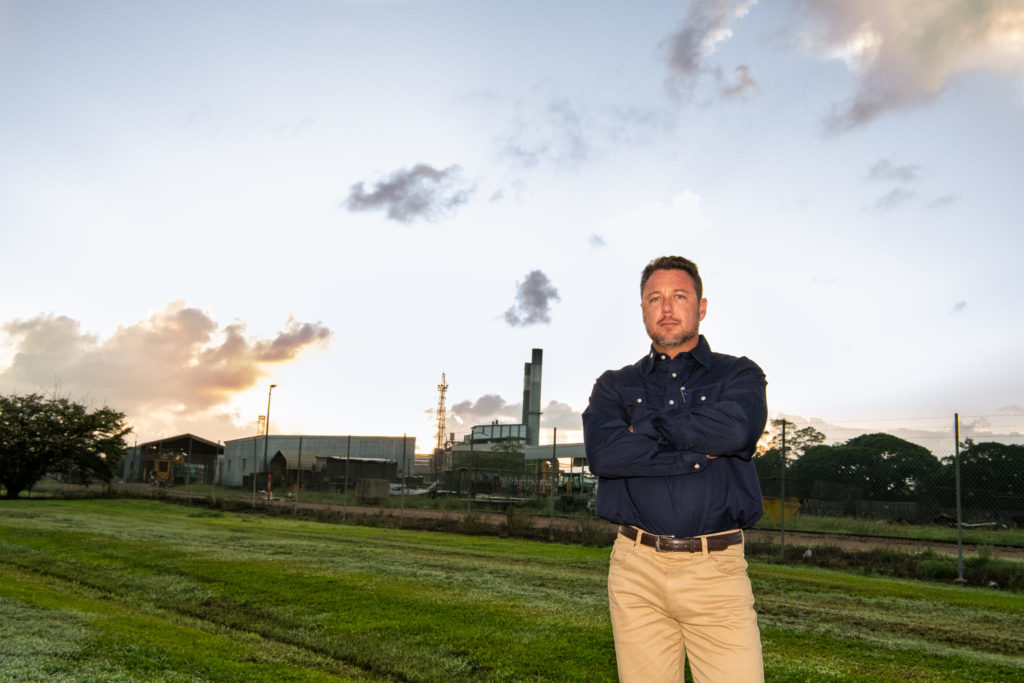Mills, union jobs at risk under Labor’s Reef regs

Hinchinbrook MP Nick Dametto has introduced a new Bill into parliament that will repeal Labor’s Reef legislation from 2019.
THE future of the sugar industry including sugar mills and the thousands of jobs they support across Queensland could be in jeopardy if Labor’s Reef laws and regulations continue to scale back farming, says Hinchinbrook MP Nick Dametto.
Mr Dametto said he was alarmed by the continued drop in production across Queensland’s sugar cane farming districts in recent times, attributable to a gradual reduction in the application of fertilisers such as nitrogen, phosphorous and pesticides on sugar cane crops.
“Labor’s latest round of Reef regulations that will be implemented by September this year will see further restrictions placed on farmers when it comes to the way they utilise nutrient and pesticides in their farming practices, indicating future losses in production unless the industry fights back,” he said.
“It’s pretty simple. For a sugar mill to be viable, it needs to crush a certain amount of sugar cane each crushing season. No cane, no mill – that’s it. This is why I’m calling on millers and the unions who represent our mill workers to band together to push back against these Reef regulations. Late last month, on behalf of the sugar industry, I introduced a Katter’s Australian Party Bill into parliament to repeal Labor’s farm-destroying Reef legislation and regulations.
“First Labor went after the coal industry and now it’s sugar. This reminds me of when the previous the Member for South Brisbane, Jackie Trad, stood up in parliament and told the coal industry workforce that they would have to re-skill in other industries. It wasn’t long before the unions joined the fight to save coal mining jobs. I hope they are willing to do the same for sugar.”
Mr Dametto said by the government pushing ahead with a continual scale-back of agriculture in the six Reef catchment areas, Labor was turning its back on the very workforce that had supported them from the start, in exchange for inner-city Green votes.
“The sugar industry is attributable to close to 40,000 direct and indirect jobs. Most people tune out when you start talking about farmers. But the reality is without a thriving and profitable sugar industry, many towns along the east coast of Queensland will be threatened with an economic disaster. This is exactly what happens when governments are not forced to do a regulatory impact analysis and statement before implementing new legislation,” he said.
“I have invited representatives of millers and the unions to sit down for a roundtable discussion to discuss what they see as the future of the sugar industry. When the State government pushed through their amendments to the Environment Protection Act in 2019, I always said the devil would be in the detail in the form of the regulations.
“Now that it has become clear as to what the government and Department seek to implement, I think the time has come for all those affected to join this fight. As our Bill goes through the committee process, I will be engaging with not only those who took up the fight last time but groups that will be affected by this legislative change.
“I can’t stress this enough. What hurts our sugar industry hurts our regional towns and takes away jobs from those who need it the most.”
Mr Dametto said the government should be building capacity in the agricultural communities, not stripping it away.





